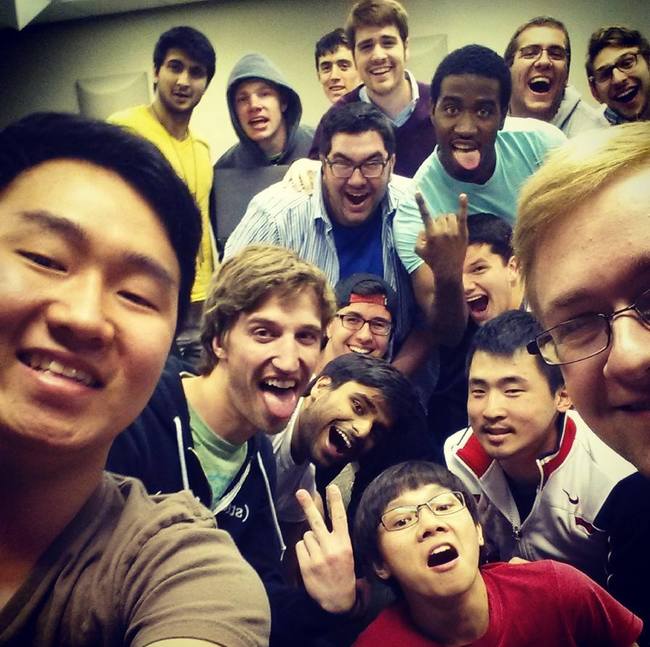Beyond the Score: Extra-Musicality
I stumbled across this quote on the train this morning:
All people must be able to place their music firmly in the context of the totality of their beliefs, experiences and activities, for without such ties, music cannot exist. This means that there must be a body of theory connected with any music system–not necessarily a theory of the structure of musical sound, although that may be present as well, but rather a theory of what music is, what it does, and how it is coordinated with the total environment, both natural and cultural, in which man moves. –Alan P. Merriam
I picked up the book last night – a nice look at Arvo Pärt by Paul Hillier. Here, Hillier was using this reference to explain that the identity of Pärt’s music could not be sustained without directly reflecting other (i.e. non-musical) meanings or modes of thought. For a full understanding of the music you must understand the man, the mindset, and the environment in which the music is created.
Funny enough, I didn’t think that my recent tangent into Pärt’s music was going to yield anything in terms of this a cappella project, but considering the fact that he has been the most performed contemporary choral composer in the world for the past three years, I guess I should have known that coming in.
A cappella as we know it on college campuses is grounded in the act of singing. The name implies it. It’s the reason that a group meets several times a week. And it’s the performative measure by which groups are compared and judged.
But ask any a cappella singer what their favorite part about being in a group is.
Yeah, you’ll see. I guarantee you that almost no one will mention singing.
One of the greatest things about being in an a cappella group is that not everything is about the music. I know. I didn’t think I’d be writing that either. And it sounds kind of strange. But think about it…
While a lot of the time we are a choir, we’re also so much more–a close-knit group of friends, study buddies, drinking pals, mentors, advocates, networking contacts, roommates–a full-on family. While some members join simply to sing, many also join to take on student leadership positions, gain a little campus notoriety or just meet girls (just ask Eric Whitacre).
In rehearsal we will warm up, work on tuning and blend, and practice the details of each arrangement and sing. Everyone is excited, and especially when a solo is being auditioned or we are learning a new song we will be attentive and focused. But rehearsal is only one aspect of each individual’s daily college life. In addition to being a time to practice music, it is a time to relax from classes, express oneself, catch up with friends and hang out afterwards. And I’m sure it’s no surprise to hear that people get distracted, phones get pulled out, and before long the entire group takes a selfie.
In performance, a cappella could not survive without the dedicated hours of rehearsal and preparation. But no group is described simply by the music that they perform. There’s humor in an all-male group performing “Hey Mickey” or busting out in Backstreet Boys style dance moves. And let’s not forget about the sex appeal of a cappella.
All of this goes to show that a cappella is bursting with extra-musicality.
But sometimes the music itself gets in the way of achieving extra-musicality. A particularly frustrating rhythm, a note too far out of range, a boring middle voice part, or too strict an interpretation can all derail the magic before it even happens. Being too focused on the music distracts singers from getting to the essence of what it means to sing together: putting down the music and connecting.
Merriam was right warn against viewing musical identity as simply a “theory of the structure of musical sound”. Approaching a cappella music with this attitude severely limits an understanding of the genre, it’s music and it’s people. This is because a cappella lives off of the page and in the experiences of the participants: beyond the score.
Instead of rules on counterpoint and harmony, a theory of a cappella must involve the experiences of and relationships among the participants, the expectations of the audience, and the needs of the singers all in conjunction with the arranged and notated music.
If we go into arranging or rehearsing with this in mind, the problems outlined above can be easily fixed. Scores can be crafted to highlight extra-musical and performative elements, rehearsals can be more lighthearted and performances can be more engaging. It isn’t about changing the nature of the genre, but instead about recognizing its realities and allowing the music to flourish naturally there.
